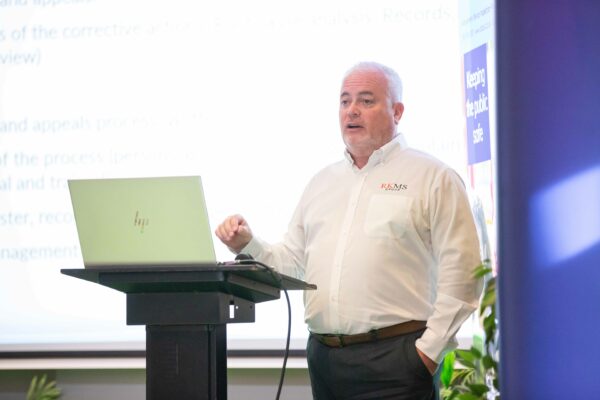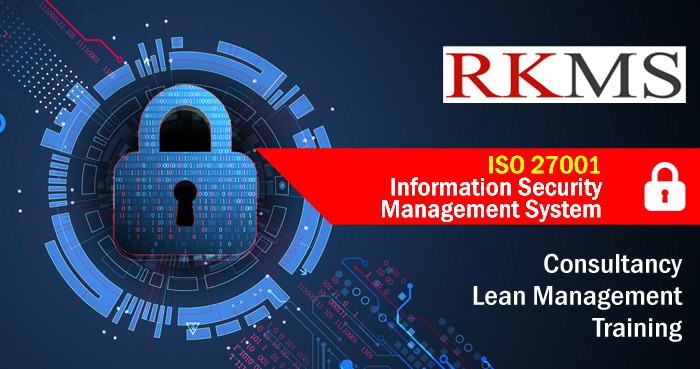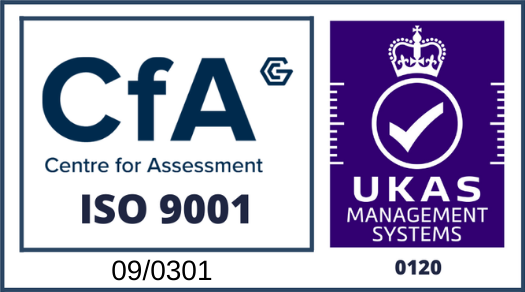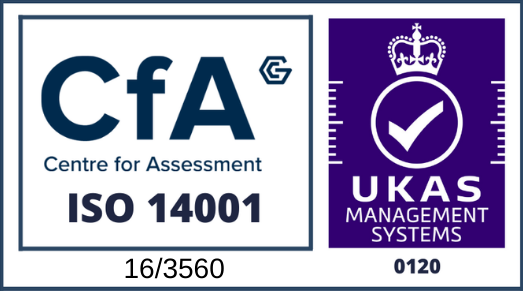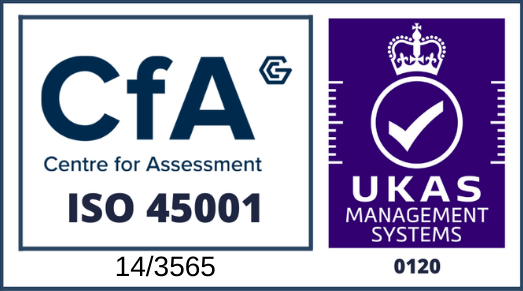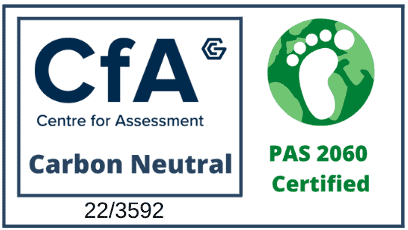The PAS 2060 methodology and framework has four steps, which require both a thorough evaluation of your processes and verification from accredited bodies.
- Measure Emissions
- Reduce Emissions
- Offset Emissions
- Document Success
Mesure Emissions
PAS 2060 divides emission sources from different areas, called Scopes.
- Scope 1 includes direct emissions like fuel combustion. This is under the company’s direct control.
- Scope 2 includes indirect emissions, which are created by electricity, heating, or cooling. This is not under the company’s control, but can be properly managed or minimised.
- Scope 3 includes emissions from activities that are part of the business value chain, but are beyond the control. This can include transportation or waste treatment.
To get PAS 2060 certification, companies must meet standards for Scope 1 and 2, and limit Scope 3 emissions to 1% of their total footprint.
Reduce Emissions
The next step in PAS 2060 certification is to present a Carbon Management Plan, which includes a timeframe, specific targets, and how they plan to reduce or offset emissions. Each activity should have a justification, and provide a methodology and timeframe for measurement.
The company must also make a public commitment to carbon neutrality, and declare a maximum amount of annual emissions, or the ratio of emissions per unit of production.
Offset Emissions
To achieve carbon neutrality, companies don’t just have to reduce emissions but offset them. This can include investing in environmental projects like tree planting, using clean energy technology or programs like capturing methane gas from landfills, or buying carbon credits.
Unfortunately, carbon offsetting has generated a lot of public mistrust, after several reports of abuse and fraud. To avoid a backlash, make sure to engage in quality programs that provide real environmental benefits.
The offset credits must also be documented and verified by an independent third party, and meet the criteria. There are different standards for the compliance market and voluntary market, so you should know where the programs fall under and the necessary requirements.
Any offset credits have to be used within 12 months from the date they have been declared to be achieved.
Document Success
At the end of the program, the company must present a report, which includes supporting documents such as a copy of their Carbon Management Plan, proof of reduced emissions, and the Carbon Footprint Report.
